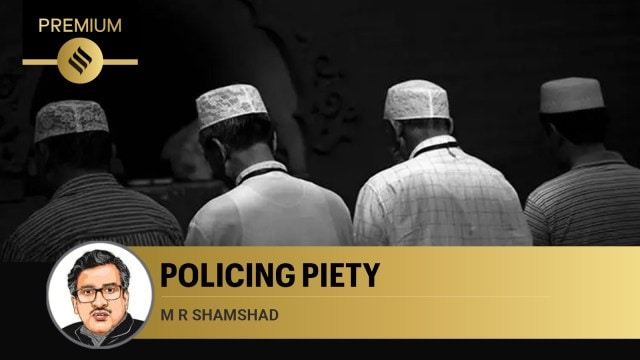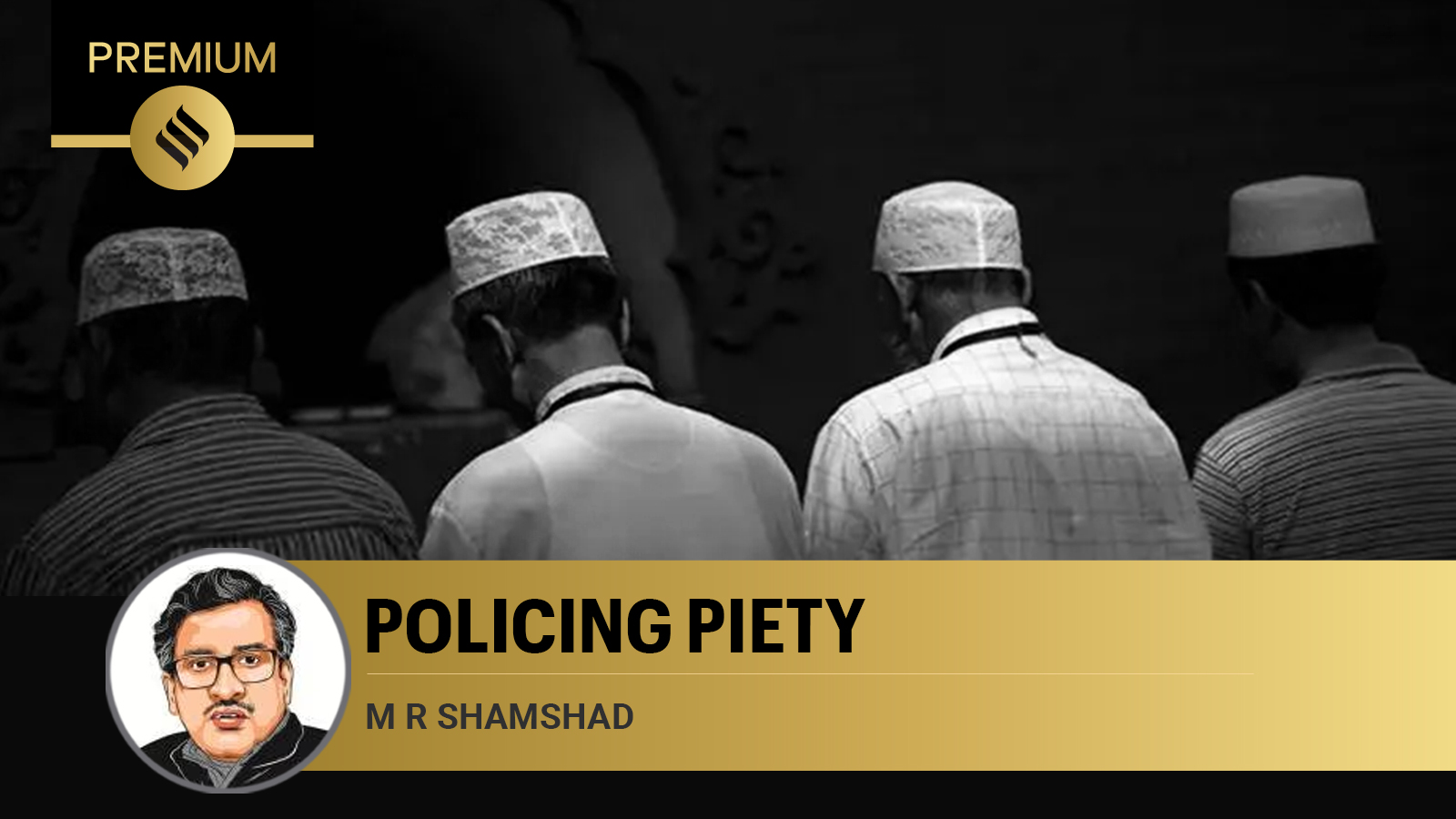
The concept of Waqf emanates from Islamic religious beliefs. It is not a religious obligation, but a form of religious charity. While creating a Waqf, a believer dedicates his self-acquired or inherited movable or immovable property in the name of God and states that the benefits from such properties are to be used for objectives in consonance with the Islamic understanding of charity. Other religions have similar provisions, with endowments and charitable trusts, and properties dedicated to deities. Like with Waqfs, the nature of these dedications is also permanent.
B K Mukherjea, the fourth Chief Justice of India, said that such charitable institutions (Waqf included) are essential to human existence and not exclusive to any community or set of people. He said that “so long as feelings of piety and benevolence have an abiding place in the human heart, they must find expression in religious and charitable gifts, and ‘law’, which is a means to serve social ends, has got to provide for their regulation and control, in order that the object of the donor might be achieved. This is how religious and charitable trusts came into existence in almost all systems of civilised law.”
The statute for Waqf has a long history, which culminated in the Waqf Act of 1995 with a substantive amendment in 2013. The central government has now proposed a substantive amendment in the existing statutory regulation. From a reading of the draft Waqf (Amendment) Bill, it would appear that the government has forgotten that Waqf properties are the private and self-acquired properties of the followers of Islam, except those which non-Muslims may have donated. They are not public properties, nor have they been acquired using public funds. In this background, the government must realise that its control over administration, management and further creation of new Waqfs has to be minimal.
The proposed amendments seek to facilitate interference from “government organisations” in Waqf properties. This is not just an egregious violation of the rights of Muslim citizens but also of Article 26 of the Constitution, which protects the properties of religious denominations from take over. Making the district collector the arbiter of whether a property is Waqf property or government land is a move to exclude Muslims from the management of Waqf properties at a time when even the private properties of Muslims are frequently threatened by bulldozers under the orders of the same collector. Even the requirement of a Muslim CEO in the Waqf Boards has been done away with.
The government proposes to create several impediments to the creation of Waqfs . It has empowered itself and every single body extending up to the local panchayat to interfere in the existing Waqf properties. It has also proposed to do away with the concept of “waqf by user”, which is the most common practice around the world. We have already seen innumerable Muslim graveyards and dedicated properties being taken over by the local residents because they were not used for waqf purposes for some time.
The amendments reflect the presumption that government land has been taken over by the Waqf Board. As mentioned earlier, the Collector makes the final decision in this regard and then directs the revenue authorities to give effect to his/her decision in the revenue record. By introducing the concept of adverse possession for Waqf properties, many could become victims to the Collector’s notes on a file.
This encroachment of rights by the government is clearly against the guarantees under Articles 25 and 26 of the Constitution of India. In the past, different governments have encroached on the rights under Article 30, in the name of better administration and challenges to them have largely been unsuccessful. By bringing religion-centric legislation, governments have made Muslims of this country vulnerable to police excesses. The proposed amendment will only add to their vulnerability, especially with regard to the properties they dedicate for religious and charitable purposes.
The writer is advocate, Supreme Court of India



